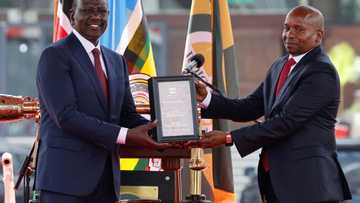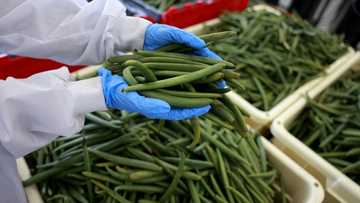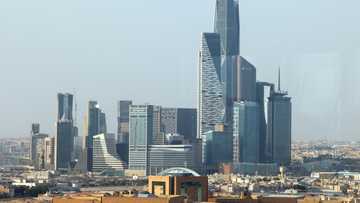UN talks on saving nature stumble on finance hurdle
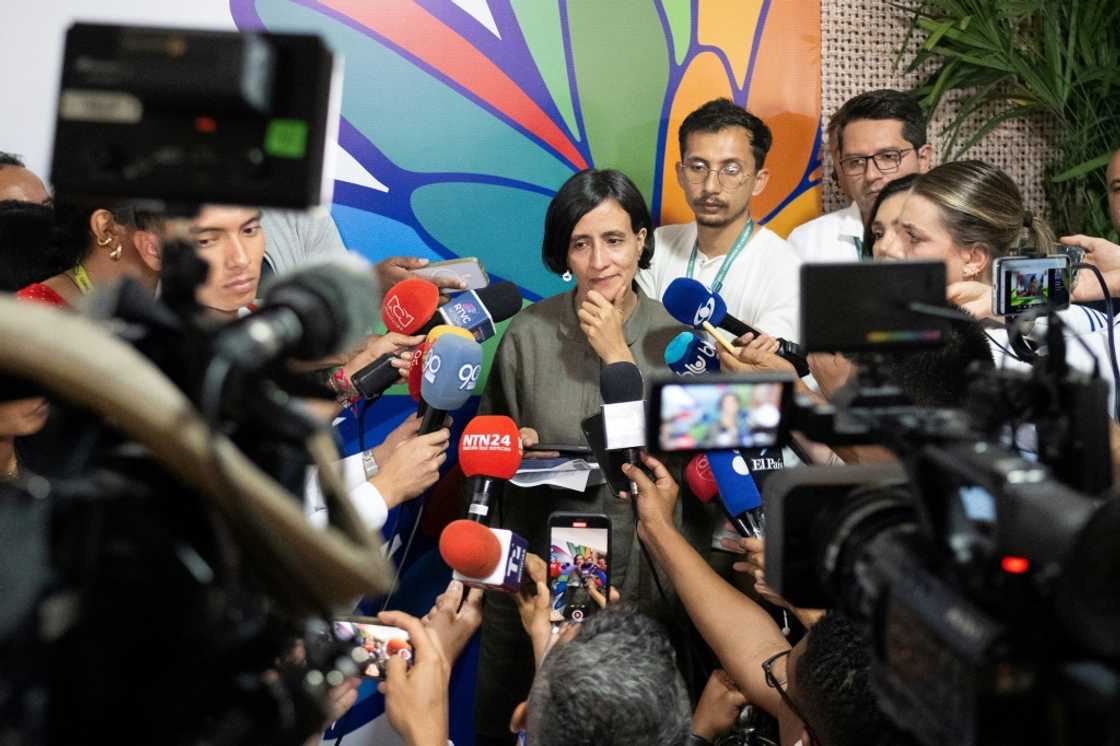
Source: AFP
PAY ATTENTION: NOW You can COMMENT on our articles on the YEN website! Learn how to get started.
The world's biggest nature conservation conference closed in Colombia on Saturday with no agreement on a roadmap to ramp up funding for species protection.
With other successes under its belt, the 16th Conference of Parties (COP16) to the UN's Convention on Biological Diversity (CBD) was suspended by its president Susana Muhamad as negotiations ran almost 12 hours longer than planned and delegates started leaving to catch flights.
The exodus left the summit without a quorum for decision-making, but CBD spokesman David Ainsworth told AFP it will resume at a later date to consider outstanding issues.
"We will continue working because this crisis is too big and we cannot stop," Muhamad told AFP after declaring the Cali COP closed.
The conference, the biggest meeting of its kind yet with around 23,000 registered delegates, was tasked with assessing, and ramping up, progress toward reaching 23 targets set in Canada two years ago to halt humankind's rapacious destruction of nature's bounty by 2030.
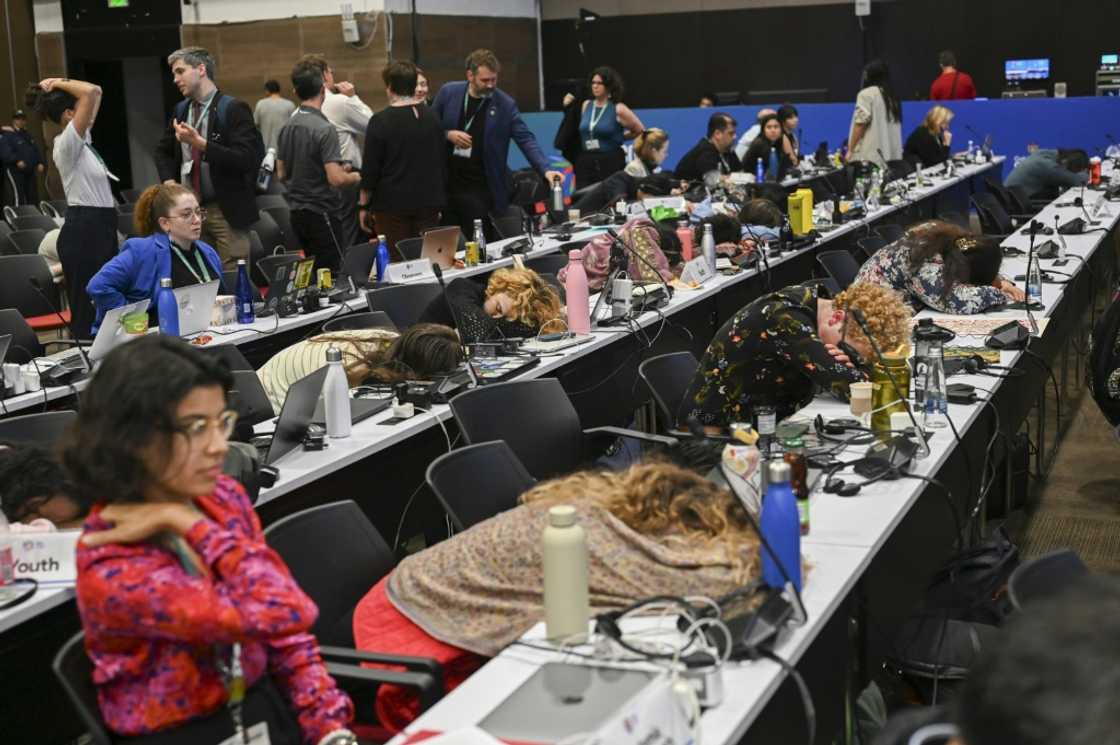
Source: AFP
They include placing 30 percent of land and sea areas under protection and 30 percent of degraded ecosystems under restoration by 2030, reducing pollution, and phasing out agricultural and other subsidies harmful to nature.
For this purpose, it was agreed in 2022 that $200 billion per year be made available to protect biodiversity by 2030, including the transfer of $30 billion per year from rich to poor nations.
The total for 2022 was about $15 billion, according to the Organization for Economic Cooperation and Development (OECD).
On top of that, nations have pledged about $400 million to a Global Biodiversity Framework Fund (GBFF) created last year to meet the UN targets.
In Cali, negotiators were split largely between poor and rich country blocs as they haggled over increased funding and other commitments.
The biggest ask from the summit -- to lay out a detailed funding plan -- turned out to be a bridge too far.
Muhamad, Colombia's environment minister, had offered a draft text proposing the creation of a dedicated biodiversity fund, which was rejected by the European Union, Switzerland and Japan.
Developing nations had insisted on the creation of a new fund, saying they are not adequately represented in existing mechanisms including the GBFF, which they say are also too onerous.
'Clock is ticking'
The meeting did manage to coalesce around the creation of a fund to share the profits of digitally sequenced genetic data taken from plants and animals with the communities they come from.
Such data, much of it from species found in poor countries, is notably used in medicines and cosmetics that can make their developers billions, very little of which ever trickles back down.
The Cali agreement determines that genetic data users whose income exceeds a certain threshold should contribute one percent of profits or 0.1 percent of revenue to the new fund, potentially worth billions of dollars per year.
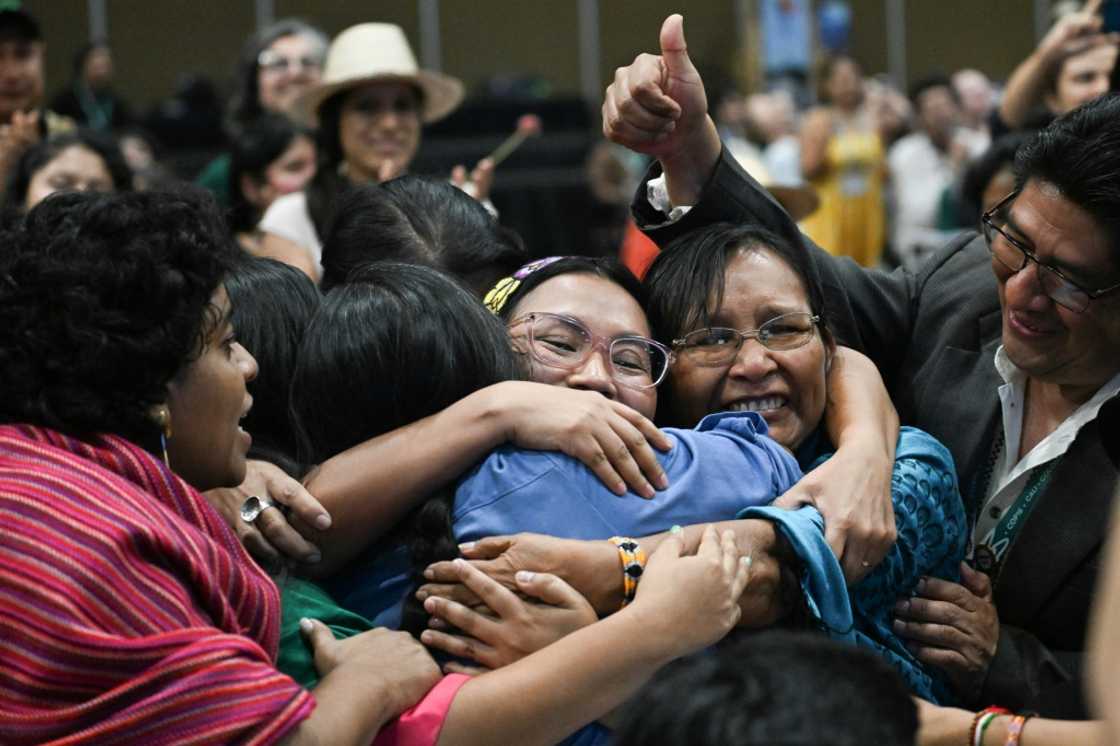
Source: AFP
Delegates also approved the creation of a permanent body to represent the interests of Indigenous people under the UN's Convention on Biological Diversity.
Representatives of Indigenous peoples, many in traditional dress and headgear, broke out in cheers and chants as the agreement was gaveled through.
But the talks on biodiversity funding stumbled even as new research presented to coincide with COP16 showed that more than a quarter of assessed plants and animals are now at risk of extinction.
Only 17.6 percent of land and inland waters, and 8.4 percent of the ocean and coastal areas, are estimated to be protected and conserved.
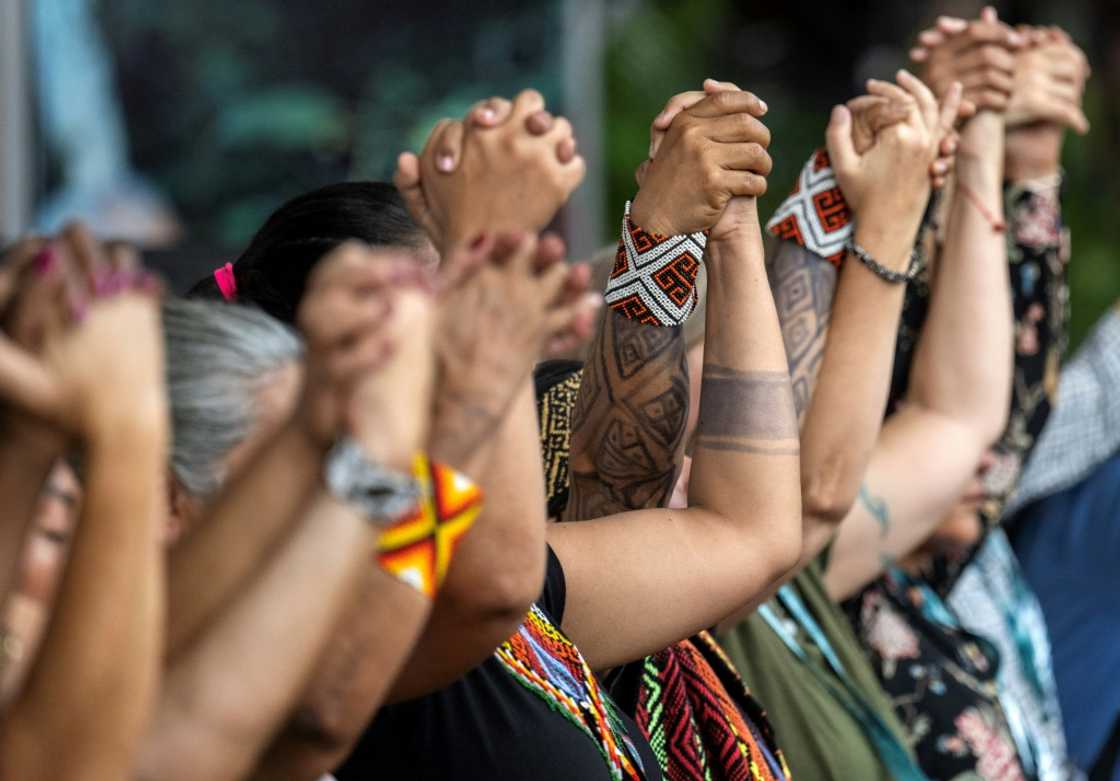
Source: AFP
Observers welcomed the summit's advances on Indigenous representation and gene profit sharing, but lamented the funding deadlock.
"Governments in Cali put forward plans to protect nature but were unable to mobilize the money to actually do it," said An Lambrechts, the head of Greenpeace's COP16 delegation.
"Biodiversity finance remains stalled after a deafening absence of credible finance pledges from wealthy governments and unprecedented corporate lobbying."
Brian O'Donnell of the Campaign for Nature advocacy group decried a lack of urgency.
"Failure to make progress on finance in the face of unprecedented biodiversity loss keeps the world on the path to nature loss and species extinction," he said in a statement.
The meeting was held amid a massive security deployment following threats from a Colombian guerrilla group with its base of operations near Cali. No incidents were reported.
New feature: Сheck out news that is picked for YOU ➡️ click on “Recommended for you” and enjoy!
Source: AFP

